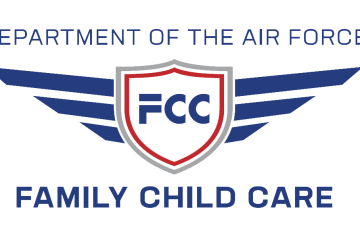The Essential Roles of Funeral Directors in Modern Society

Introduction
The role of funeral directors is crucial in managing the process of end-of-life services, providing support and guidance to grieving families. As society increasingly confronts the complexities of grief and loss, the significance of funeral directors has never been more apparent. Their responsibilities go beyond merely arranging funerals; they play a vital role in helping families navigate a difficult time and ensure a dignified farewell for loved ones.
The Responsibilities of Funeral Directors
Funeral directors are responsible for a wide array of tasks, ranging from the initial care of the deceased to the detailed planning of memorial services. They offer essential services that include handling the body, paperwork, and logistics associated with death. Directors liaise with hospitals, coroners, and families to coordinate activities and ensure compliance with legal regulations.
Currently, the demand for funeral directors has surged, particularly in light of the COVID-19 pandemic, which has led to an increased awareness of the importance of proper funeral planning. Data from the National Association of Funeral Directors indicates that 85% of individuals prefer to pre-arrange their funeral to alleviate the burden on their loved ones.
Adapting to Changing Trends
Throughout the years, funeral directors have had to adapt their practices to accommodate changing societal values and expectations. Recent trends include a rise in eco-friendly funerals, which emphasise sustainability and the natural decay of materials. Additionally, with advancements in technology, many directors now offer virtual funeral services, allowing friends and family to attend remotely.
Moreover, the shift towards personalisation has transformed traditional funeral services. Families are increasingly looking to incorporate unique elements into ceremonies that reflect the deceased’s life, beliefs, and interests. Funeral directors are stepping up to meet this need, guiding families in designing services that honour their loved ones…
Conclusion
In summary, funeral directors serve a vital function in modern society by enabling families to honour their loved ones while providing essential support through a challenging time. As preferences continue to evolve, the role of funeral directors will likely become even more integral to ensuring that the end-of-life journey is respectful and meaningful. With the anticipated growth in demand for various services, funeral directors must remain adaptable and sensitive to the diverse needs of the community they serve. Their role is not just about logistics; they are compassionate caregivers who help create lasting memories during one of life’s most difficult passages.








